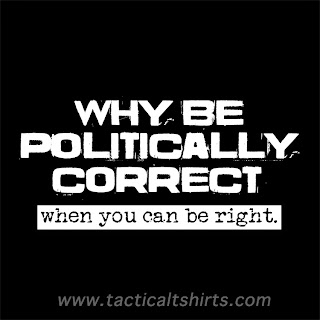Do these linguistic modifications simply reflect the gradual evolution of the English language? No one, knows for sure, but one things is certain: political correctness is the latest trend in United States in linguistic etiquette. The recent publication of THE OFFICIAL POLITICALLY CORRECT DICTIONARY AND HANDBOOK has caused linguists and laymen alike to re-examine their everyday speech. As defined in this dictionary/handbook, the term "politically correct" or "appropriately inclusive". The aim of this book is to create awareness of the latent offensiveness, sexism or stereotyping in many of the things we say. For example, the criticism of the term "maiden name" used when referring to a women's name before marriage. The term "artificial" and "synthetic" are offered as more accurate replacement for "man-made". THE OFFICIAL POLITICALLY CORRECT DICTIONARY AND HANDBOOK also attempts to deal linguistically with some disturbing contemporary realities. Rather than calling someone inflicted with the AIDS disease an AIDS victim, for example, the dictionary suggests that these individuals be labeled "person living with AIDS". Despite such valid linguistic proposals, however, this dictionary/handbook id replete with examples of unadulterated silliness. Pictured are an average-looking white man and woman. According to politically correct lingo, the woman should be classified as a "womon survivor". The man, bald and bespectacled, falls into these categories: "hair disadvantaged". The basic premise underlying this handbook, as is true of many contemporary linguistic guides, is that language does not simply mirror society, constructs our perception of everyday reality.
The old adage,"It's not what say, but how you say it", seems to be enjoying its last days in the English language.


Nessun commento:
Posta un commento